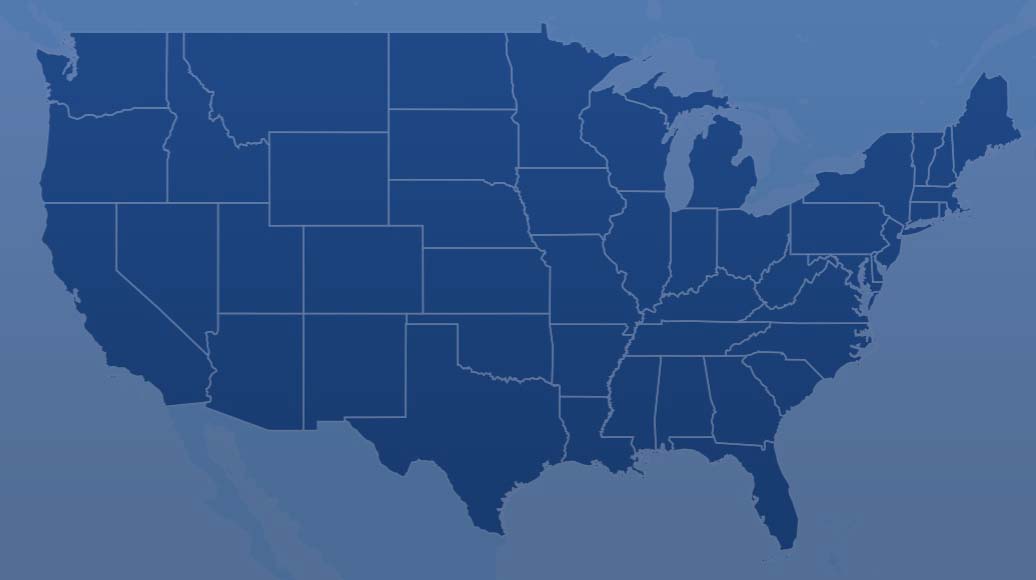
Un sitio web oficial de la Organización de Innovación Biotecnológica
Según los Centros para el Control y la Prevención de Enfermedades (CDC), su cuerpo puede tardar unas semanas para poder desarrollar anticuerpos y maximizar la protección contra el Covid-19 después de recibir la segunda dosis de la vacuna. Es por eso que el uso de máscaras, el distanciamiento social, la práctica de la higiene de manos y evitar reuniones en grupos grandes siguen siendo esenciales después de vacunarse.
Para obtener más información sobre cómo funcionan las vacunas, haga clic aquí.


